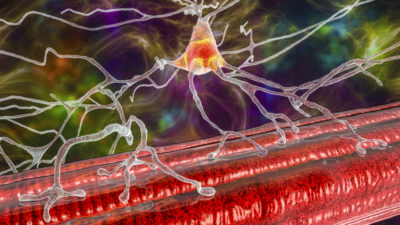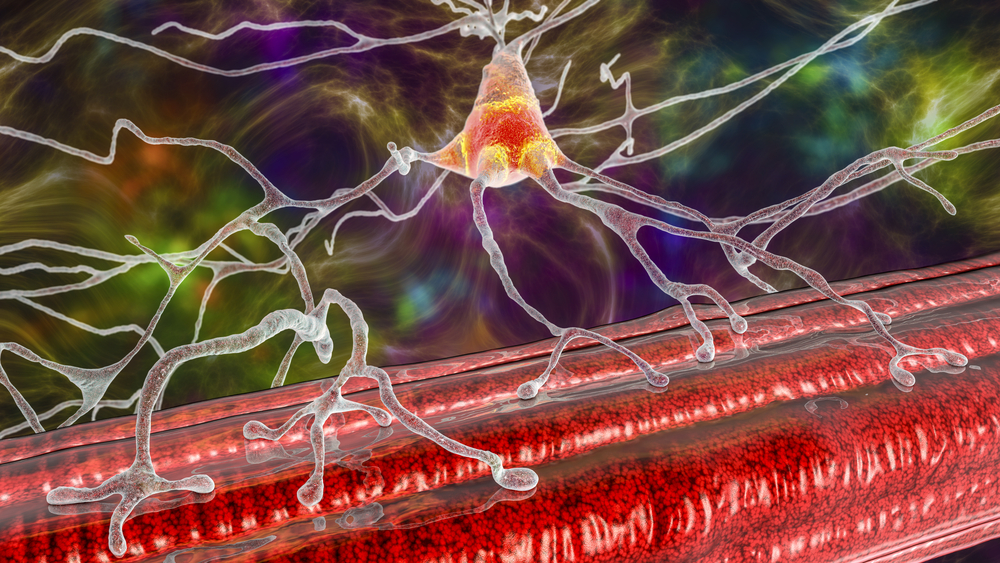The body is a collection of connected systems. They are both connected to one another vitally, yet they are independent. Issues occur when these systems stop correctly communicating with one another. When your muscular system gets disconnected from the nervous system, which is responsible for your muscles moving properly, then you can have all sorts of issues that negatively affect life quality.
This article will cover some basic information about neuromuscular disorders, and what kind of treatments you can expect to get for one.
What Are Neuromuscular Disorders?
As was described above, a neuromuscular disorder occurs when your muscular and neural systems are no longer communicating. They can affect a part of your body or just a specific muscle.
Some common neuromuscular disorders are:
- Small Fiber Neuropathy: This disorder affects the nerve endings of your skin.
- Diabetic Neuropathy: This is nerve damage in your muscles caused by diabetes.
- Myasthenia Gravis: This disorder affects how your nerves communicate with your muscles.
- Hereditary Issues: There are many, but a common disorder is muscular dystrophy.
- Automatic Neuropathies: This disorder affects the nerves that control your heart, blood pressure, body temperature, and digestion.
- Amyotrophic Lateral Sclerosis: Also called ALS or Lou Gehrig’s disease, this disorder affects your motor neurons that control voluntary muscle activities.
If you think you’re developing a neuromuscular disorder because of your preexisting diabetes, or you have an undiagnosed condition, you should get in contact with a neurologist. A specialist can help identify where your muscular issues are stemming from, and help you treat them.
Symptoms of Neuromuscular Disorders

You may not know if you’re suffering from a neuromuscular disorder. Symptoms vary from person to person and from changes based on where your injury is. Some common symptoms include:
- Trouble breathing
- Trouble balancing
- General issues moving
- Tingling or numbness
- Burning pain, often in hands or feet
- Muscle cramps, aches, pains, twitching
- Droopy eyelids
- Blurred or double vision
- Trouble swallowing
You may have different symptoms; however, all neuromuscular disorders are serious and should be a cause for concern. Eventually, a neuromuscular disorder may develop so that you have difficultly digesting food, walking, or breathing. Getting in contact with a doctor when your symptoms begin can help prevent further issues.
Treatments for Neuromuscular Disorders
Often, the treatment for neuromuscular disorders is a combination of medications, physical and occupational therapy. This combination will help improve your overall quality of life, help relieve pain, and delay the progression of the degenerative disease. To see if you have a neuromuscular disorder or some other issues, you may have to take blood tests or have an MRI scan.
Boosting certain vitamins may also help improve your condition, so you may be instructed to change your diet. Especially if you have diabetes.
Finding Solutions
When you have a severe or mild disability caused by a neuromuscular disorder, you want to get it treated effectively. If you have any questions or would like to learn more about treatment options, please contact us today to schedule your evaluation with Dr. Habib Khan.



